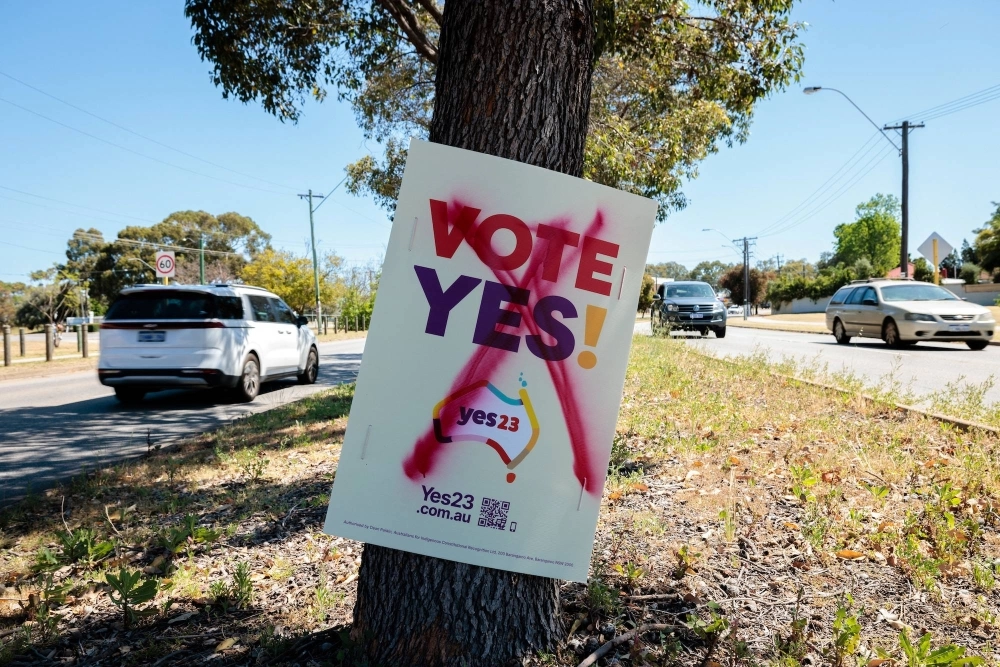Over the weekend, Australia voted in a referendum that had the opportunity to impact its history positively, but the country made a spectacular mess of it.
The referendum was held to decide whether the government should establish a Voice to Parliament, essentially a federal advisory body composed of Aboriginal and Torres Strait Islander people who would represent the views of Indigenous communities.
The suggestion was to amend Australia's Constitution to say that the Voice "may make representations" to Parliament and government "on matters relating to Aboriginal and Torres Strait Islander peoples." Parliament would "have power to make laws with respect to (the Voice’s) composition, functions, powers and procedures."


















With your current subscription plan you can comment on stories. However, before writing your first comment, please create a display name in the Profile section of your subscriber account page.